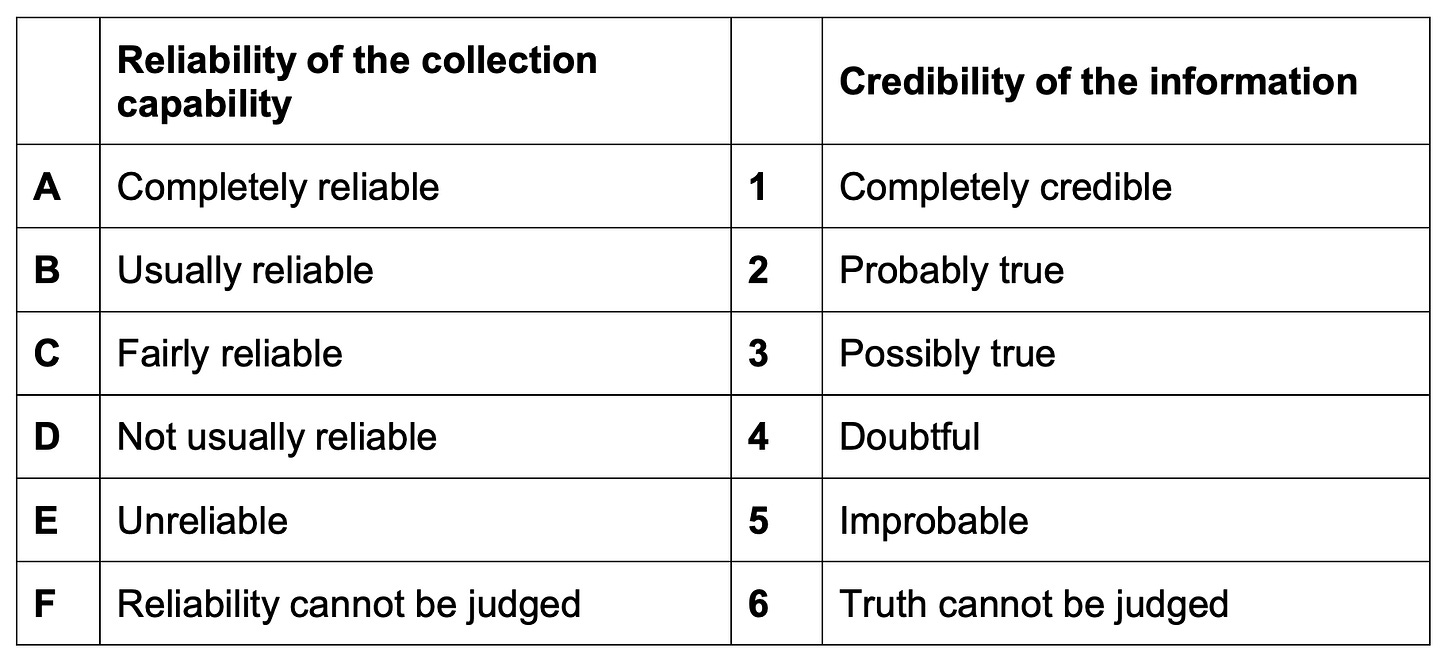Michigan Senate: Closing My Oldest File
A sad end to a twelve year saga.
Something I have chased for twelve years has been proven to be definitely false. I hope Elissa Slotkin wins in Michigan, but I’m contributing nothing to that process.
Attention Conservation Notice:
Improve your source quality discipline, or you’ll end up writing something like this.
2012:
Way back in the fall of 2012 I got on Amtrak and went from Lansing down to Chicago to pick up some very old federal criminal paperwork - USA vs. William Russell. What I thought I knew at the time, based on the then fifteen year old memories of union members was that:
FBI informant William Russell had been framing union business agents(true).
Six FBI agents were fired over the matter(true).
Congressman Mike Rogers was among those six(nope).
Rogers worked at Meyers big box store waiting for the case to finish(sorta).
Rogers was Russell’s handler(nope).
2024:
And what is grounded in reality is close enough that I didn’t catch the issues at the time. Rogers did work at Meyers as a night security guard, which was a great job for a kid going into law enforcement. He did muster out of the FBI after not so many years, but his dates of service and the problematic behavior of the Chicago organized crime squad do not align.
Knowing what I know now, I should have …
Recorded the names and phone numbers of the sources.
Gone through the event dates with a fine tooth comb.
If there was any doubt, push the whole thing to a reporter who would just ask.
The Michigan Senate race is s spicy enough that several reporters looked at this stuff, and then one did that last step, and came back annoyed at the results.
Error Correction:
My bullshit detector has been upgraded from the random activist model to proper intelligence analyst over the last twelve years. When I find I have a problematic source, I will go back through what I have and replace the source with better quality inputs, or simply remove what is presumably flaky from the file.
When the new source is recent and has not caused a lot of trouble, simply deleting the associated material is fine. But when you learn, for example, that the primary “researcher” on something key is a dope fiend wrapped up in all sorts of bullshit drama …
You get to back out every bit of work that was based on that material. This is the portion of the MAGA Meltdown graph that was affected by the aforementioned dope head. This had been in that file for years, so I took this snapshot of it before I cleaned house.
Conclusion:
The Admiralty Code for rating sources, as seen in NATO AJP-2.1 is a nice framework to keep in mind when considering inputs.
Over the last eighteen months I’ve been in a position where I had to tighten the screws even further - can a reporter get this through editorial and legal? If the answer to this is no, not really … then whatever IT might be, it’s gonna sit until there’s enough context for that to happen.
Cato Institute’s Mystery Million is a rare exception to that. The source on this is A1, and no way are they going to do anything to call attention to this. The reporting failed because there was no way to determine the source of the funding, but I’m comfortable making this one public. It might not get past an editor, but it’s probable cause for a search warrant, and after Tenet I have some hope that might actually happen.
Cato and Rogers were two of the three big items in my queue. I keep hearing whispers that the problems with the third are going to resolve, that this will happen prior to the election, but that’s been the case for six or eight months and it hasn’t happened yet. If it DOES finally wiggle past the last obstacle, then I can say some things.
But until that day, what’s left for me to do is all infrastructure attribution related work - mucking around with Maltego and RiskIQ, sorting out who is behind various questionable online activity.
There are just twelve days left till the election, then things are going to get messy and violent. I really want all this stuff in the rear view mirror by then, so I can focus on whatever comes next.




Well done on Cato institute. Chef's kiss.